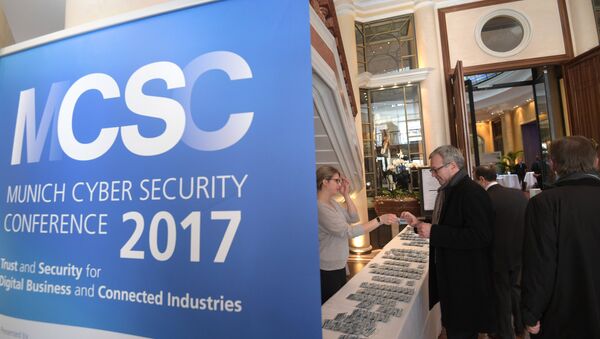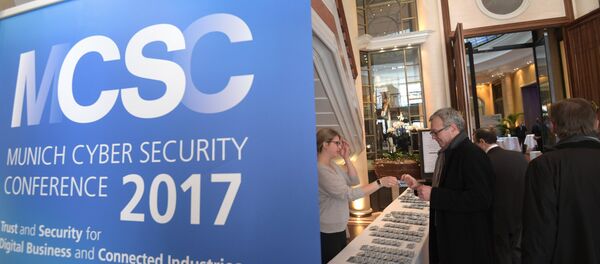MOSCOW (Sputnik) — The Munich Security Conference (Die Munchner Sicherheitskonferenz), sometimes referred to as the "Davos of Defense" or the "Munich Davos," is an international, nongovernmental, independent conference for discussing major security issues.
It ranks among the most important informal global forums for discussing crucial political issues, including the balance of forces in international relations, efforts to strengthen the system of international law and the democratic world order.
The Munich Security Conference is an international forum attended by politicians, diplomats, military officials, business people, scholars, and public figures from dozens of countries, including NATO and EU member states, as well as countries playing an important role on the world arena – Russia, China, Japan and India, among others. The agenda focuses on key world policy issues such as fighting international terrorism, UN and NATO reforms, "hot spots," and strengthening regional and global security.
A brief history of the Munich Security Conference.
Initially, the conference was held under the aegis of the Christian Social Union in Bavaria and until 1992 was known as the Defense Conference (Wehrkundetagung).
Since 1998, the forum has been financed by the German government from the Defense Ministry’s budget.
For over 30 years, the forum was a closed intra-bloc event. The conference’s geographical scope expanded significantly with the 1995 inclusion of Russia. Over time, the conference has also welcomed the CIS and Baltic states, as well as countries of Central and Eastern Europe, Asia Pacific, South Asia, and the Middle East.
In 1998, von Kleist chaired his final conference. From 1999 until 2008, it was chaired by Horst Teltschik, then German Chancellor Helmut Kohl's adviser for foreign policy and defense matters.
Since 2009, the conference has been chaired by Wolfgang Ischinger, a German human rights activist and former ambassador to the United States and the United Kingdom.
The Munich Conference has only been canceled twice: in 1991, due to the war in the Persian Gulf; and in 1997, when the forum’s organizer declined to stay "at the helm" after his 75th birthday, and a successor could not immediately be found.
The 50th Munich Security Conference was held from January 31 to February 2, 2014, and the 51st on February 6-8 2015.
In 2016, the conference was held on February 12-14 and was attended by over 20 state and government leaders. Russian delegation was headed by Prime Minister Dmitry Medvedev. The conference focused on the situation in Syria, fight against international terrorism and the preservation of EU integrity.
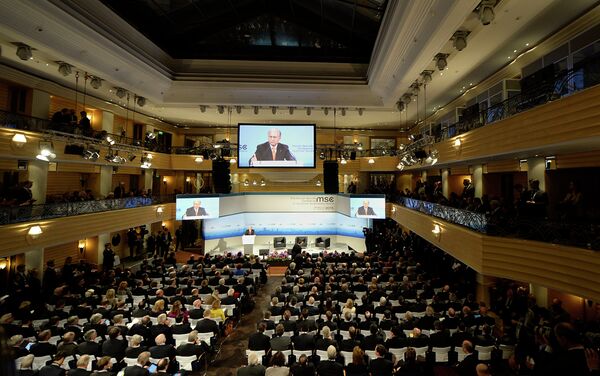
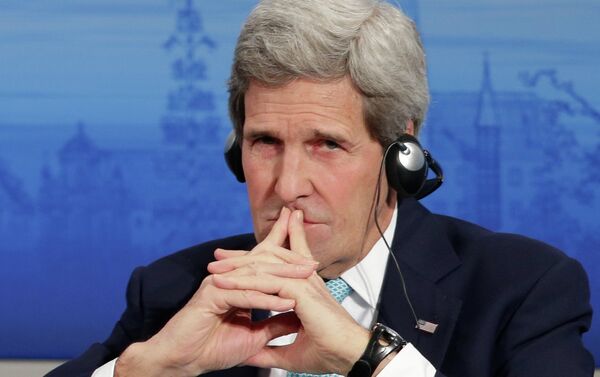
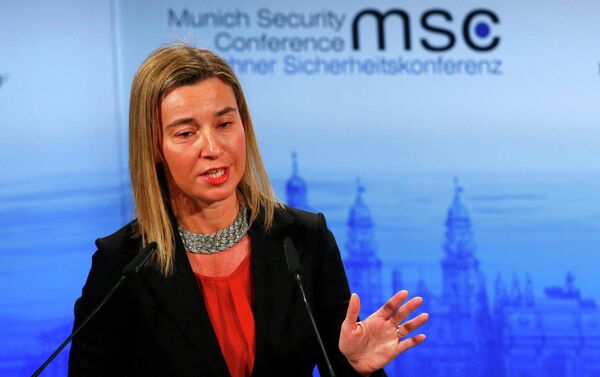
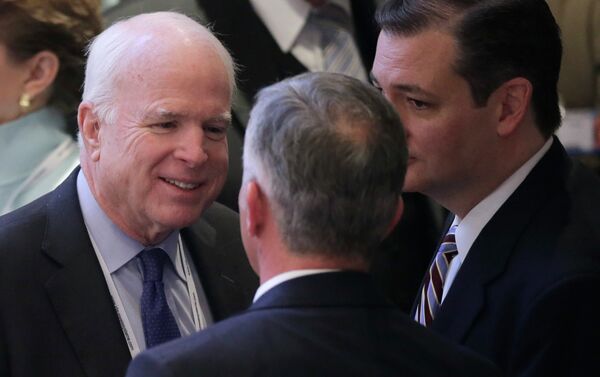
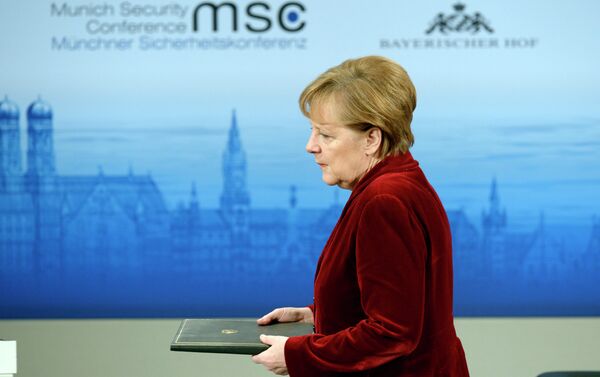
The 2017 conference is expected to concentrate on the future relationship of NATO with the United States under the administration of President Donald Trump, relations with Russia, the conflict in Syria, the crisis in Ukraine, terrorism and cybersecurity.
In 2009, the MSC inaugurated the Ewald von Kleist Award, given to prominent individuals who have made an outstanding contribution to peace and conflict resolution.
The first winner of the Ewald von Kleist Award was Dr. Henry Kissinger, former US national security adviser and secretary of state. Other winners: Javier Solana, a Spanish political figure and former NATO secretary general (2010), US Sen. Joseph Lieberman (2012), Brent Scowcroft, former US national security adviser (2013), former French President Valery Giscard d’Estaing and former German Federal Chancellor Helmut Schmidt (2014).
